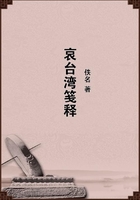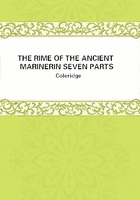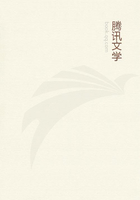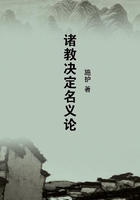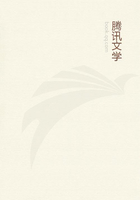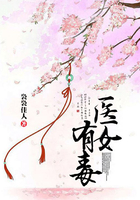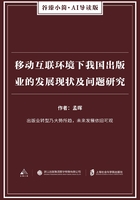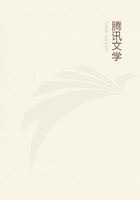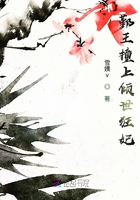Let us resume our inquiry and state, in view of the fact that all knowledge and every pursuit aims at some good, what it is that we say political science aims at and what is the highest of all goods achievable by action. Verbally there is very general agreement; for both the general run of men and people of superior refinement say that it is happiness, and identify living well and doing well with being happy; but with regard to what happiness is they differ, and the many do not give the same account as the wise. For the former think it is some plain and obvious thing, like pleasure, wealth, or honour;they differ, however, from one another- and often even the same man identifies it with different things, with health when he is ill, with wealth when he is poor; but, conscious of their ignorance, they admire those who proclaim some great ideal that is above their comprehension. Now some thought that apart from these many goods there is another which is self-subsistent and causes the goodness of all these as well. To examine all the opinions that have been held were perhaps somewhat fruitless; enough to examine those that are most prevalent or that seem to be arguable.
Let us not fail to notice, however, that there is a difference between arguments from and those to the first principles. For Plato, too, was right in raising this question and asking, as he used to do, 'are we on the way from or to the first principles?' There is a difference, as there is in a race-course between the course from the judges to the turning-point and the way back. For, while we must begin with what is known, things are objects of knowledge in two senses-some to us, some without qualification. Presumably, then, we must begin with things known to us. Hence any one who is to listen intelligently to lectures about what is noble and just, and generally, about the subjects of political science must have been brought up in good habits. For the fact is the starting-point, and if this is sufficiently plain to him, he will not at the start need the reason as well; and the man who has been well brought up has or can easily get startingpoints. And as for him who neither has nor can get them, let him hear the words of Hesiod:
Far best is he who knows all things himself;Good, he that hearkens when men counsel right;But he who neither knows, nor lays to heart Another's wisdom, is a useless wight.
5
Let us, however, resume our discussion from the point at which we digressed. To judge from the lives that men lead, most men, and men of the most vulgar type, seem (not without some ground) to identify the good, or happiness, with pleasure; which is the reason why they love the life of enjoyment. For there are, we may say, three prominent types of life- that just mentioned, the political, and thirdly the contemplative life. Now the mass of mankind are evidently quite slavish in their tastes, preferring a life suitable to beasts, but they get some ground for their view from the fact that many of those in high places share the tastes of Sardanapallus. A consideration of the prominent types of life shows that people of superior refinement and of active disposition identify happiness with honour; for this is, roughly speaking, the end of the political life. But it seems too superficial to be what we are looking for, since it is thought to depend on those who bestow honour rather than on him who receives it, but the good we divine to be something proper to a man and not easily taken from him. Further, men seem to pursue honour in order that they may be assured of their goodness; at least it is by men of practical wisdom that they seek to be honoured, and among those who know them, and on the ground of their virtue; clearly, then, according to them, at any rate, virtue is better. And perhaps one might even suppose this to be, rather than honour, the end of the political life.
But even this appears somewhat incomplete; for possession of virtue seems actually compatible with being asleep, or with lifelong inactivity, and, further, with the greatest sufferings and misfortunes; but a man who was living so no one would call happy, unless he were maintaining a thesis at all costs. But enough of this; for the subject has been sufficiently treated even in the current discussions. Third comes the contemplative life, which we shall consider later.
The life of money-making is one undertaken under compulsion, and wealth is evidently not the good we are seeking; for it is merely useful and for the sake of something else. And so one might rather take the aforenamed objects to be ends; for they are loved for themselves. But it is evident that not even these are ends; yet many arguments have been thrown away in support of them. Let us leave this subject, then.
6
We had perhaps better consider the universal good and discuss thoroughly what is meant by it, although such an inquiry is made an uphill one by the fact that the Forms have been introduced by friends of our own. Yet it would perhaps be thought to be better, indeed to be our duty, for the sake of maintaining the truth even to destroy what touches us closely, especially as we are philosophers or lovers of wisdom; for, while both are dear, piety requires us to honour truth above our friends.
The men who introduced this doctrine did not posit Ideas of classes within which they recognized priority and posteriority (which is the reason why they did not maintain the existence of an Idea embracing all numbers); but the term 'good' is used both in the category of substance and in that of quality and in that of relation, and that which is per se, i.e. substance, is prior in nature to the relative (for the latter is like an off shoot and accident of being); so that there could not be a common Idea set over all these goods. Further, since 'good' has as many senses as 'being' (for it is predicated both in the category of substance, as of God and of reason, and in quality, i.e. of the virtues, and in quantity, i.e.

